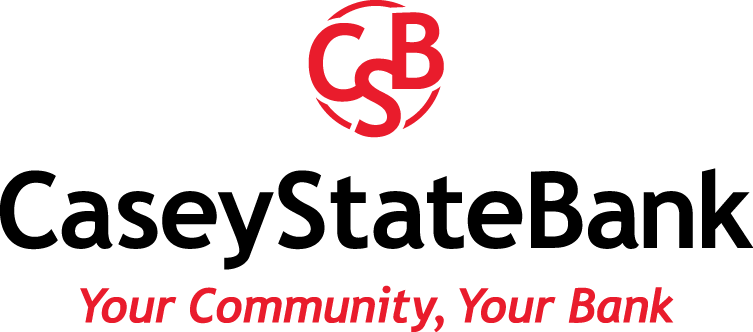picture of a smart phone on a table
Casey State Bank
Blog
Protect Yourself From an Advance Fee Scheme
What They Are and How to Avoid Them
One in ten people fall victim to scams or frauds each year, and about 50% of those contacted by a scammer engage with them. When it comes to being approached by scammers on social media, the number is even higher (91% engagement rate and 53% who lost money). One of the more popular scams that criminals try to pull off is the advance fee scheme. An advance fee scheme happens when a victim pays money to the scammer in anticipation of getting something of greater value (loan, gift, contract, investment, romantic interest, etc) then receives little or nothing in return.
There are several different kinds of advance fee schemes, and the variety of them is limited only by the imagination of scammers. Some examples include sales of products, services, or pets, offering of investments, lottery winnings, “found money,” false job offers, romance schemes, and more. Con artists claim they can find financing arrangements for their victims who pay a “finder’s fee” in advance. Their clients are also compelled to sign contracts agreeing to pay the fee once they’re introduced to a financing source. They often learn that they are ineligible for financing only after they’ve paid the “finder” as the contract stated. These agreements are often legal, unless it can be proven that the finder never intended (nor had the ability to) provide financing.
How to Steer Clear of Advance Fee Schemes
- Remember the old adage: If it looks too good to be true, it probably is. Keep common business practices in mind and be aware of your surroundings. Legitimate businesses aren’t conducted in cash on a street corner.
- Know who you’re doing business with before you begin. If you haven’t heard of the person or company before, do some research on them. Check the Better Business Bureau, an attorney, the police or a bank.
- Stay well informed. Ensure you fully understand any business agreement you’re given before you sign off on it. If the terms are complex, review them with a competent attorney of your choosing.
- Be cautious. Some businesses operate out of PO boxes and don’t have a street address. Be leery of such things. Another thing to be wary of is people who don’t have a direct telephone line and aren’t available when you call but return your call later.
- Don’t sign nondisclosures. Some “businesses” will require you to sign these or non-circumvention agreements to keep you from independently vetting the business yourself. Con artists often use these kinds of agreements to intimidate victims and threaten a civil suit if any losses are reported to the police.
Keep in mind these safety tips and you will protect yourself from being duped by con-artists wishing to take your hard-earned cash. Here at Casey State Bank, we will continue to do our part to ensure your safety and security. We take your business seriously and that is why we post these helpful articles. Thanks again for banking with us!


